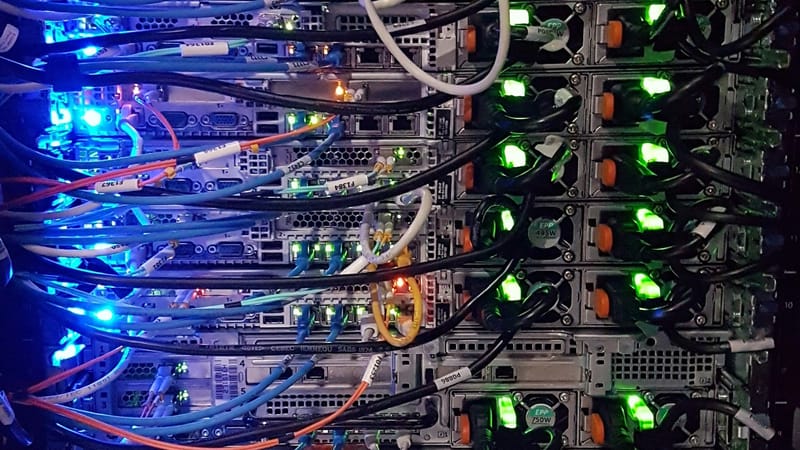Is AI Taking Your Job? Not Just Sci-Fi Anxiety. Here's who's at risk

AI’s next disruption target isn’t the factory floor... it’s the newsroom, the comms office and the policy desk.
New data from Microsoft’s Copilot usage suggests professionals in communications, government, and media are among the most exposed to automation. The findings show that generative AI is already creeping into the workflows once considered secure, writing, summarising, research and external communications.
From Typing Pool to Algorithmic Partner
Microsoft analysed more than 200,000 Copilot interactions, and the most common tasks were those typical of PR officers, policy advisers, and journalists: information retrieval, data interpretation, and message drafting. In short, the AI is learning to think, or at least sound, like a comms professional.
Analysts comparing the data with occupational time-use surveys found that many of the highest-exposure roles share one trait: they trade in words and ideas. Technical writers, civil servants, media specialists, and even financial analysts rely on structured knowledge that generative models now handle with increasing competence.
By contrast, the roles least likely to be disrupted involve manual dexterity, direct human contact, or emotional nuance, care assistants, builders, machine operators, therapists. The irony is clear: jobs that once felt “safe” behind a desk may not be for much longer.
Why It Matters
1. Knowledge Work Isn’t Immune
For years, automation anxiety focused on physical labour. Now the risk is moving upstream into white-collar professions once thought too complex to codify.
2. The Economics of Words
As generative tools handle more of the drafting and editing load, margins in PR, journalism, and consultancy will tighten. The value will shift toward strategic insight, curation, and authenticity, attributes that resist automation.
3. Investors Should Pay Attention
This isn’t just a technology trend. It’s a re-rating of labour economics across entire sectors. The firms that adapt early, redeploying talent toward higher-order thinking, will be the ones to capture the productivity dividend.
4. Reskilling as Risk Management
For professionals, the best defence is to climb the value chain — learning to frame, interpret, and question rather than merely produce. Critical thinking, stakeholder management, and ethical judgment are likely to become the last human moats.
Between Efficiency and Identity
AI’s encroachment into creative and cognitive fields forces an uncomfortable question: what remains of professional identity when algorithms can mimic the mechanics of expertise?
The optimistic view is that these tools will elevate rather than eliminate. Writers and analysts will spend less time producing and more time evaluating. The pessimistic one is that automation will hollow out entry-level experience — the apprenticeship phase from which senior talent is usually drawn.
Either way, the professional landscape is shifting. Those in PR, government, and journalism may not be replaced overnight, but the skills that built their careers are being rewritten, quite literally, by the machines they once used to write about.






